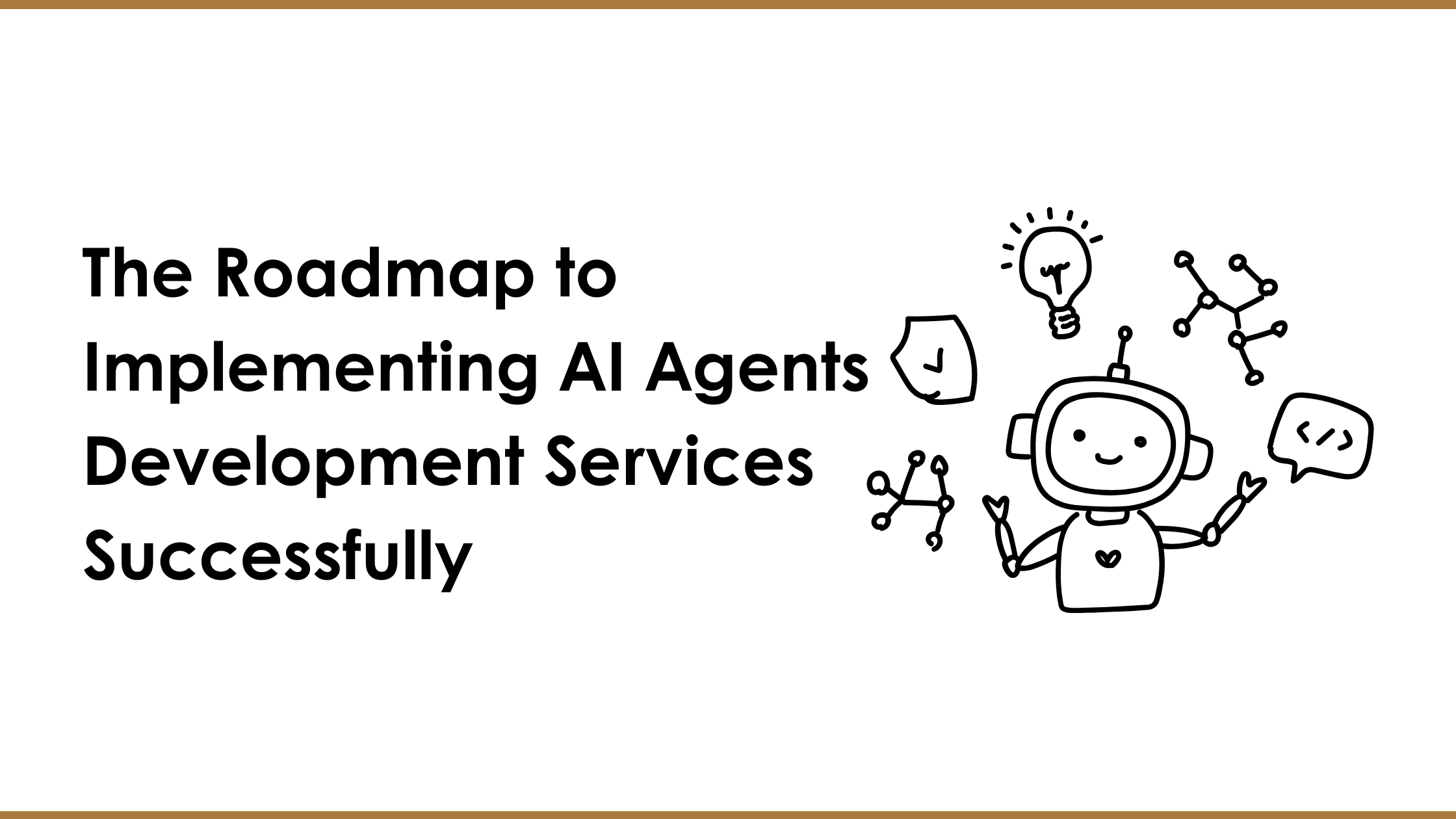What Impact Do AI Writers Have on Content Quality and Consistency?

Strong 8k brings an ultra-HD IPTV experience to your living room and your pocket.
Have you ever thought about how computers can write stuff nowadays? It's pretty cool, right? These computer programs, called AI writers, use special tricks to write all sorts of things like articles and stories. But here's the thing – some people are worried that these AI writers might not always make stuff that's as good as what humans write. In this blog, we're going to dig into how AI writers change the stuff we read, like articles and stories.
As we explore this topic, we'll dig into how AI writers can be helpful but also why some people are a bit concerned about them. So, get ready to uncover the secrets behind AI Content creation and what they mean for the things we enjoy reading!
Understanding AI Writers
AI writers, also known as natural language generation (NLG) systems, are software programs engineered to produce human-like text based on input data and predefined rules. These algorithms employ advanced techniques such as machine learning and natural language processing to analyze patterns in vast datasets, enabling them to generate coherent and contextually relevant content across a spectrum of genres and topics. These systems have evolved significantly, leveraging deep learning algorithms to generate more nuanced and sophisticated text, often indistinguishable from that produced by human writers.
Enhancing Efficiency
One major advantage of using AI writers is their ability to significantly improve the efficiency of content creation. By automating the writing process, AI writers can produce large volumes of text much more quickly than human writers can. This efficiency is especially valuable for businesses and organizations facing tight deadlines and limited resources. In today's digital world, there is a growing demand for content across various platforms, and AI writers can help meet this demand by generating content at a rapid pace.
Furthermore, AI writers can work tirelessly without needing breaks, rest, or sleep. Unlike human writers, who may experience fatigue or burnout after extended periods of work, AI writers can maintain a consistent output of content around the clock. This continuous production ensures that businesses and organizations can consistently deliver content to their audience without interruptions or delays. Overall, the efficiency and tireless nature of AI writers make them a valuable tool for meeting the content needs of today's fast-paced digital landscape..
Maintaining Consistency
Consistency is incredibly important for a brand to build and strengthen its identity across different platforms and channels. AI writers are particularly good at maintaining this consistency because they follow specific style guidelines, use the right words, and match the tone that's been decided beforehand. Whether it's writing marketing materials, product descriptions, or social media posts, content created by AI always stays true to the brand's message, helping audiences recognize and remember the brand better. Also, AI writers can adjust their writing to fit different brand personalities, ensuring that the messaging remains consistent across various marketing efforts and communication channels.
Quality Challenges
Even though AI writers are efficient and consistent, they face certain difficulties when it comes to the quality of the content they produce. AI-generated content might not have the same depth, creativity, and subtlety that human-written material does. Additionally, there's a risk of creating content that's too generic or not relevant if the algorithms aren't trained or supervised carefully. Finding the right balance between efficiency and quality is a constant challenge for organizations using AI writers.
To address these challenges, organizations need to invest in good training datasets and continuously improve their algorithms through learning processes. They also need to provide oversight and feedback to make sure the content meets high standards. By doing these things, organizations can help ensure that AI-generated content maintains a high level of quality.
Helping Human Creativity
Instead of seeing AI writers as threats to human creativity, we should see them as partners that enhance and magnify human innovation. By using AI's strengths in analyzing data and recognizing patterns, human writers can focus on creating captivating stories, doing thorough research, and adding their own special viewpoints to their writing. This teamwork between humans and machines creates a synergy that helps produce top-notch content.
Furthermore, AI writers can be helpful aides by making first drafts or inspiring human writers to develop their ideas further, speeding up the creative process. This collaborative approach maximizes the potential for creativity and ensures that the final output is of the highest quality.
Addressing Ethical Considerations
The rise of AI writers brings up many ethical concerns related to plagiarism, bias, and transparency. Organizations need strong protections to make sure AI-generated content is original, fair, and ethically sound. It's also crucial for organizations to openly disclose when they use AI in content creation to maintain trust and credibility with their audience. Finding the right balance between innovation and ethical responsibility is essential for handling the complex ethical issues that come with using AI to create content.
Additionally, organizations should focus on including diverse perspectives in the training data for AI to prevent biases from showing up in the content it generates. This helps ensure that AI-generated content reflects a broad range of voices and viewpoints, promoting fairness and inclusivity.
Leveraging AI for Content Improvement
Instead of seeing AI as a solution to all problems or a danger, organizations can use it to constantly make their content better. By using AI-driven analytics and performance metrics, organizations can understand how their audience interacts with their content, find ways to improve it, and adjust their content strategy accordingly. This ongoing process helps organizations quickly adapt to changes in trends and audience preferences, making their content more valuable and relevant.
Moreover, AI-powered tools for content optimization can help with tasks like A/B testing, personalizing content for different audiences, and analyzing the meaning behind the words used. This allows organizations to refine their content based on feedback and insights from real-time data, ensuring that it continues to meet the needs and interests of their audience..
Closing Remarks
AI writers have revolutionized content creation by offering remarkable efficiency and reliability. However, questions about their impact on content quality persist. While AI writers excel in speeding up production and maintaining consistency, they struggle to match the depth and creativity of human-generated content. By embracing AI as a supplementary tool and following strict ethical standards, organizations can use it to improve content quality, engage audiences, and adapt to the ever-changing digital landscape. Furthermore, by promoting collaboration between humans and AI, organizations can unleash new levels of creativity and innovation, ensuring that AI continues to drive positive change in content creation.
Note: IndiBlogHub features both user-submitted and editorial content. We do not verify third-party contributions. Read our Disclaimer and Privacy Policyfor details.







